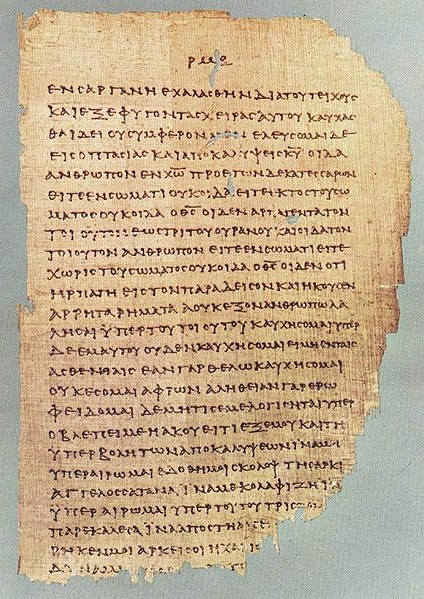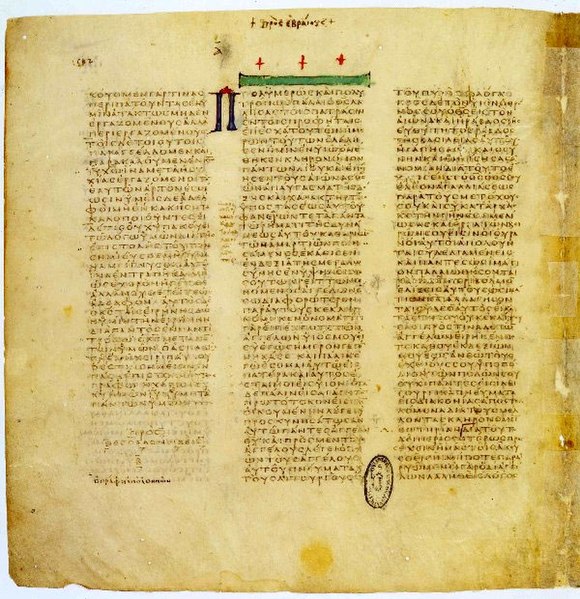New International Version
The New International Version (NIV) is a translation of the Bible into contemporary English. Published by Biblica, the complete NIV was released in 1978 with a minor revision in 1984 and a major revision in 2011. The NIV relies on recently-published critical editions of the original Hebrew, Aramaic, and Greek texts.
New International Version
Textual criticism is a branch of textual scholarship, philology, and literary criticism that is concerned with the identification of textual variants, or different versions, of either manuscripts (mss) or of printed books. Such texts may range in dates from the earliest writing in cuneiform, impressed on clay, for example, to multiple unpublished versions of a 21st-century author's work. Historically, scribes who were paid to copy documents may have been literate, but many were simply copyists, mimicking the shapes of letters without necessarily understanding what they meant. This means that unintentional alterations were common when copying manuscripts by hand. Intentional alterations may have been made as well, for example, the censoring of printed work for political, religious or cultural reasons.
Carmina Cantabrigiensia, Manuscript C, folio 436v, 11th century
Folio from Papyrus 46, containing 2 Corinthians 11:33–12:9
Luke 11:2 in Codex Sinaiticus
A page from Codex Vaticanus Graecus 1209 shows a medieval scribe (the marginal note between columns one and two) criticizing a predecessor for changing the text: "Fool and knave, leave the old reading, don't change it!"





